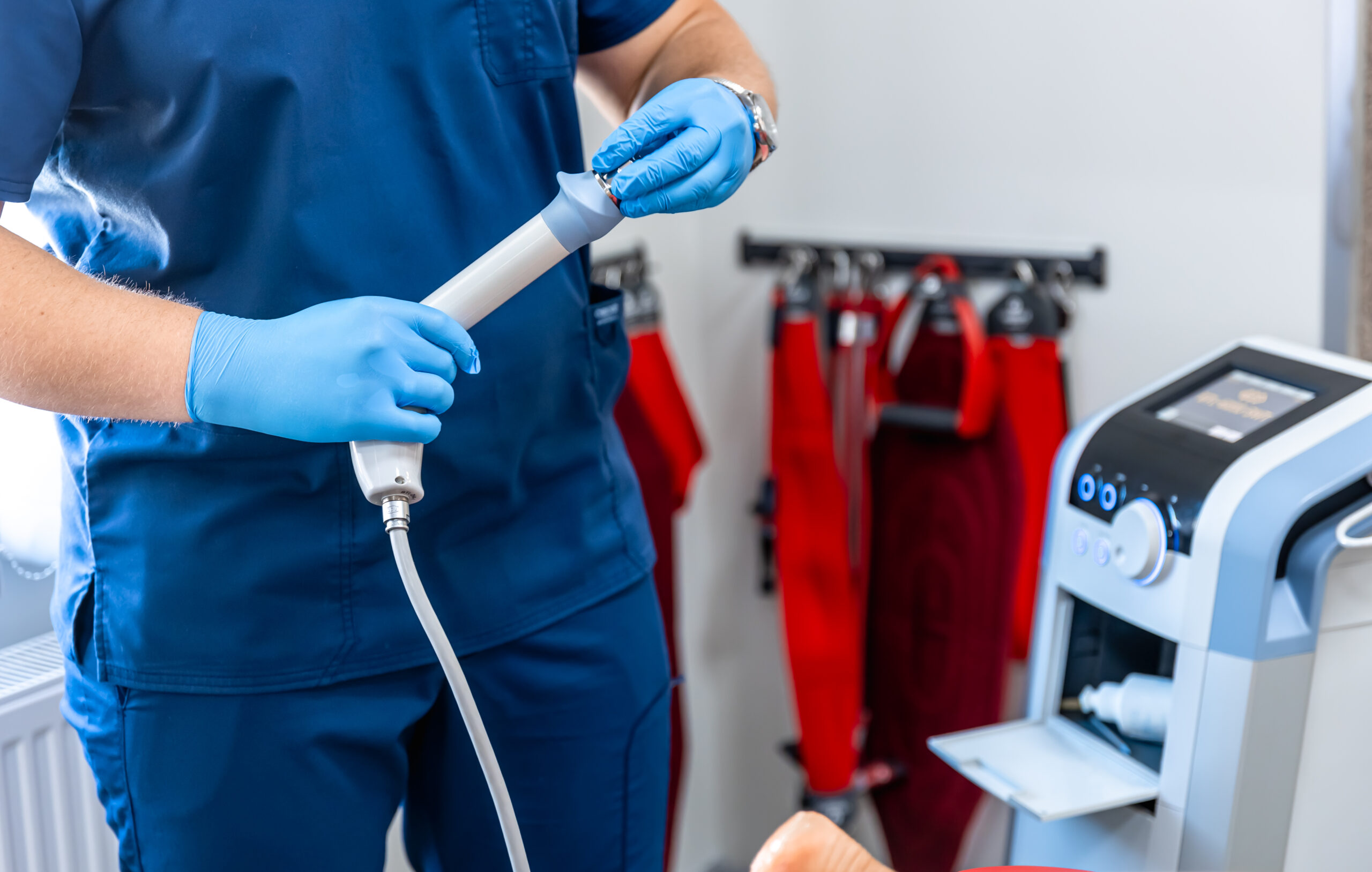
The Acupuncture Reset: How 30 Minutes Can Shift Your Whole Nervous System
- Fri Oct 17

is perhaps the most accepted of all traditional medicines worldwide. It has been around for millennia and is backed by science today for relieving pain, stress, and other ailments. But as with any form of therapy, acupuncture can have side effects. Most are harmless, temporary, and nothing to fear. Nevertheless, it is reassuring to know what to expect before one makes a booking.
If you’re searching acupuncture Milton or interested in acupuncture therapy Milton, this guide will take you through what to anticipate.Acupuncture
It’s natural to experience a little discomfort when the needles go in. Acupuncture needles are exceedingly thin, but individuals often feel a brief sting or dull pain. It’ll typically subside in seconds. Following the treatment, a slight soreness in treated areas could persist for a day or two. This is an indication your body is reacting to the therapy.
Because the points are close to small blood vessels, a small bruise or a drop of blood may result after treatment. This is normal and should not be a cause for alarm. The bruise is typically gone in a few days. Individuals on blood thinners or those with bleeding disorders need to notify their practitioner prior to initiating sessions.
Tiredness after acupuncture is normal. It is usual for people to feel energized but rather tired. This is due to the body rebalancing and releasing tension. Imagine that your body is asking for a nap after settling down on the treatment. Fatigue usually subsides within 24 hours.
Some individuals become dizzy during or after their initial sessions. It is possibly caused by low blood pressure, dehydration, or needle phobia. It usually occurs when one quickly stands up after the treatment. Having a light meal and consuming water prior to your session may minimize the risk.
Acupuncture can cause emotions to surface. They cry, feel unhappy, or even laugh while or after the treatment. This is associated with the release of trapped energy and tension. Although it may come as a shock, it’s commonly a good indication of healing emotionally.
Although acupuncture is typically administered to relieve headaches, some individuals experience mild tension headaches afterwards. This normally clears up shortly.
Infrequently, individuals might feel nauseous after or even during a session. This can occur when you are treated on an empty stomach. Eating a light meal beforehand should alleviate this.
At times, current pain or symptoms worsen before they start improving. This is referred to as a “healing reaction” and is usually temporary. The body gets accustomed and symptoms typically get better after several sessions.
Acupuncture is safe if done by a trained practitioner. But exceptionally, there are greater risks:
Infections: If needles aren’t sterile. Good clinics use disposable single-use needles to avoid this.
Organ damage: Extremely rare, but possible with too deep needle insertion. Experienced practitioners know how to prevent this.
Allergic reactions: Some individuals respond to some forms of needle materials.
These side effects are very rare when you select a licensed, professional practitioner.
Large-scale studies indicate acupuncture is safe for the majority of individuals. In one study of more than 6,000 patients, minor side effects such as soreness or fatigue were reported by just 11%. Serious effects occurred in fewer than 0.1% of patients.
Another analysis of medical research discovered that the vast majority of side effects are minor and transient. Pain, bleeding, and tiredness were the most frequent. Life-threatening dangers were virtually nonexistent.
This study complements what clinicians observe in practice: acupuncture poses significantly fewer hazards than many standard treatments.
Most side effects are not a cause for concern. Nevertheless, seek professional assistance if you experience:
If you have chronic illnesses, take blood thinners, or are pregnant, always speak with your physician first.
Most individuals can safely receive acupuncture, and side effects are typically mild. To feel sore, tired, or slightly dizzy after a treatment is normal. These effects are brief and part of the healing process of the body. Rare side effects are serious, especially when treatment is done by trained practitioners.
If you are considering acupuncture therapy Milton, being aware of the potential side effects makes you better able to make a well-informed decision. With a good practitioner, the advantages outweigh the disadvantages.